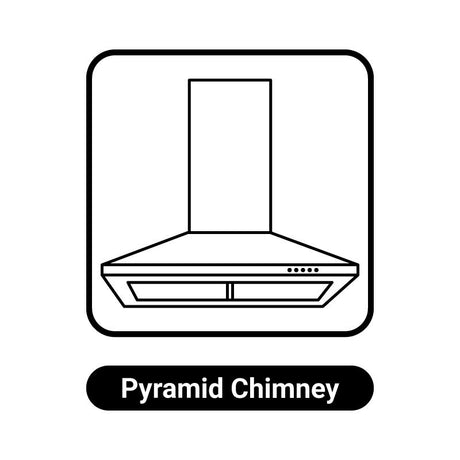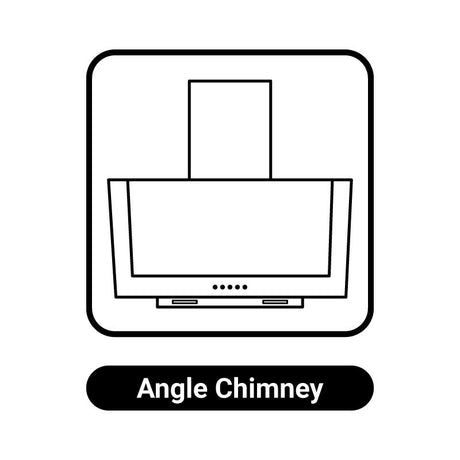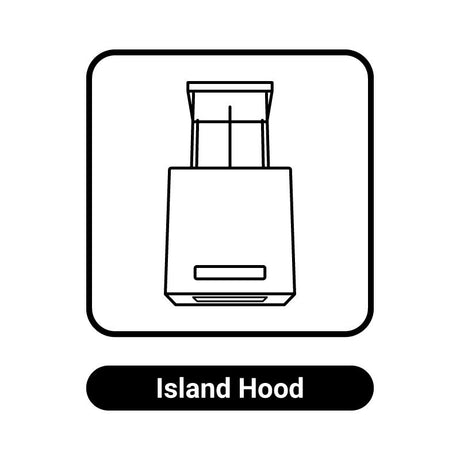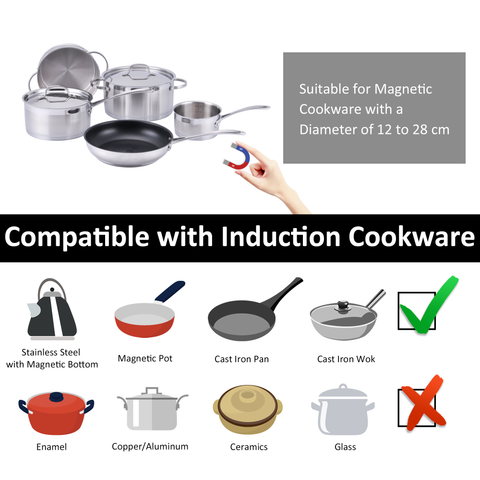Cooker Hoods
Step 1: Decide the style of your cooker hood:wall mount or under cabinet.
Step 2: Measure the width of the location where you plan to install the cooker hood. And then, use the measurement to choose the appropriate cooker hood.
Step 3:Determine whether you need a chimney or not. Most cooker hood installations require a distance of 660mm to 740mm between the bottom of the hood and the cooking surface. To determine if you need chimneys or not, simply measure the distance from the cooking surface to the ceiling and then minus the 650mm to 750mm distance, and subtract the height of the hood itself. That is the distance in which you’ll need to install chimneys.
Wall mount: installed flush to the wall and reaches up to the ceiling,like an angled chimney, box chimney, or pyramid chimney.They come in different shapes.(see below).



Ventless or ductless cooker hoods are especially useful for kitchens that do not have ventilations. They are designed with carbon filters that re-circulate the air, hence improving indoor air quality.
If you order the CBCS6903-OW/CBCB6903-OW and CBCS5913A-OW, please open the grease filter to check if the parts there.
Carbon filter for cooker hoods.
CBCF001-OW used for CBCS6903-OW/CBCB6903-OW;
CBCF002X2-OW used for CBCS6201-OW/CBCB6201-OW/CBCS9201-OW/CBCB9201-OW and CBCB6725-OW/CBCB6736C-OW;
CBCF003-OW used for CBCS9301-OW/CBCS6102-OW/CBCS9102-OW/CBCW6736N-OW and CBCB6736N-OW/CBCS4820-OW;
CBCF004-OW used for all the 506 hood, CBCS6506B-OW/CBCB6506B-OW and CBCS9506B-OW/CBCB9506B-OW0;
CBCF005-OW used for CBCS5913A-OW.
Replace the filter in 2-4 month.
Dishwasher washable, clean it in every 3-7 days with mild detergent. The cleaning time period can be adjusted according to the actual usage.
Cleaning the aluminum grease filters:
The best way to clean the aluminum grease filter is to soak them in warm water with washing-up liquid and soak them. A dish brush is suitable for cleaning. Alternatively, you can clean the grease filters in the dishwasher. Depending on the cleaning agent, the metal filters can turn dark. This is normal and not a reason for complaint.
No. 65CM is the Box size, instead of the cooker hood.
Rattling noises or vibrations:
Please check all small parts are properly connected and no other objects or the power cable are touching the fan wheel. Basically, if the cross-section of the exhaust air line is too small, the motor will turn a little faster because it cannot remove as much air. The engine will then start to hum and vibrate.Note: An extractor hood will only run quietly and with little vibration if the exhaust air duct is properly laid.
Insufficient suction:
In addition to the air exhaust duct pipe, it is particularly important in modern houses that there is a sufficient supply of air. If no air comes in, it cannot be conveyed outside.
Rust stains on stainless steel surfaces can occur if the wrong cleaning agents are used. When cleaning with vinegar cleaner, there may be problems with rust formation. These rust stains can be easily removed with a stainless steel cleaner in the initial stage. Please do not use any vinegar-based cleaning agents. Stains on stainless steel - looks like discolored: Please use a stainless steel cleaner.
That is a protective film. Our extractor hoods are protected from shipping damage with an adhesive film. If you remove them, glue residue may be left behind. The best thing to do is to remove this by your hair dryer using hot air. Scratches on the shaft of the hood in the region around the logo. Scratches on the shaft of the hood around the logo are usually only glue residues that can be easily removed with cleaning agents.
Induction hobs
Glass-ceramic is a heat-resistant glass that does not expand and is extremely tough. If dark and dull spots form on the glass over time after cooking, this is not a defect in the glass, but a film of dirt that can be removed with a glass-ceramic cleaner.
As a rule, scratches on the glass are not caused by the metal of the bottom of the pot, but by dirt particles that stick to the bottom of the pot, e.g. when the pot is in the sink while potatoes are being peeled and the pot is then placed on the hob with sand residues. The sand can contain particles that leave scratches on the hob when the peeled pulled over the glass-ceramic.
Induction hobs only work properly if they detect a sufficient amount of magnetic mass on the bottom of the pan. There are many "induction-grade" pots out there. Often, however, only a thin metal plate is glued to the bottom of the pot. It can therefore happen that pots are not recognized or the hob does not activate full power because not enough magnetic mass is detected.

If the induction hob switches itself off during cooking, there may be insufficient ventilation. In addition, the running noise of the fans increases because the induction coils have to be cooled. and the hob will be switch off automatically while it's overheating.
